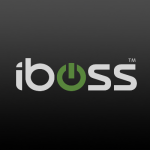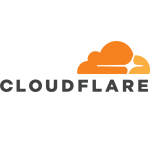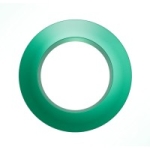What is our primary use case?
We are a distributor of Fortinet products. My role primarily involves importing these products and delivering them to our partners and resellers, who in turn sell them to the end customers.
What is most valuable?
FortiGate is a rapidly growing vendor with a wide range of ready-to-use products. Their delivery time is remarkably quick, usually between two to four weeks. They provide excellent support, especially when it comes to helping resellers who may encounter implementation issues with Fortinet. The technical presales and support teams are readily available to assist them. So, there are definitely several benefits to working with Fortinet.
The interface, pricing, and support are good. FortiGate release new patches and offers regularly. In the integration file, they don't have anything to add because they have a very wide portfolio and models in the next-generation firewalls. FortiGate has a variety of add-on license tools that can be applied to the firewall.
FortiGate should continue to push them to continue to grow up as they've been growing for the last eight years.
What needs improvement?
FortiGate NGFW can improve technical support. The engineer who answers the technical support call, email, or phone call, whatever the medium may be. The response time is very bad.
For how long have I used the solution?
I have been working with FortiGate Next Generation Firewall for eight years.
What do I think about the stability of the solution?
We don't have broken devices to be repaired or replaced with new ones, so they are very stable while working.
I rate the solution’s stability a ten out of ten.
What do I think about the scalability of the solution?
I rate the solution’s scalability a ten out of ten.
We have all types of business models and customers in our portfolio, such as the midsized business, enterprise, entry-level, and small businesses. We are working with all of that with all of the Fortinet solutions.
How are customer service and support?
The customer support is very slow. The engineer who answers the technical support call, email, or phone call, whatever the medium may be. The response time is very bad.
On the other hand, Cisco takes one or two hours to respond, while Fortinet takes a few days. This is an area that they could improve on a global scale.
How would you rate customer service and support?
How was the initial setup?
The initial setup of the solution is easy, which is the most important feature for in-domain-wide resellers, partners, and customers. In the end, if you want to use Fortinet as a firewall administrator in your network, it is highly recommended because it is extremely easy to set up, especially for first-time users.
Even if you have previous experience with Cisco or Check Point, setting up Fortinet is easy. It is a very user-friendly configuration.
I rate the solution setup a ten out of ten. It is very user-friendly.
What's my experience with pricing, setup cost, and licensing?
FortiGate Next-Generation Firewall is cheaper than Cisco or CheckPoint or Palo Alto and more expensive than Barracuda or Sophos or any smaller brands. The prices fit right where they are on the global market.
What other advice do I have?
I advise you to buy it ASAP because it's a very good product.
From my experience as a distributor, some customers don't buy technical support on the devices. They buy only devices. I will advise them to buy the technical support of FortiCare service. In that case, they will have technical support by phone call, or by mail. They will have a replacement if anything is broken 24/7.
Overall, I rate the solution an eight out of ten.
Which deployment model are you using for this solution?
Public Cloud
Disclosure: My company has a business relationship with this vendor other than being a customer.




















